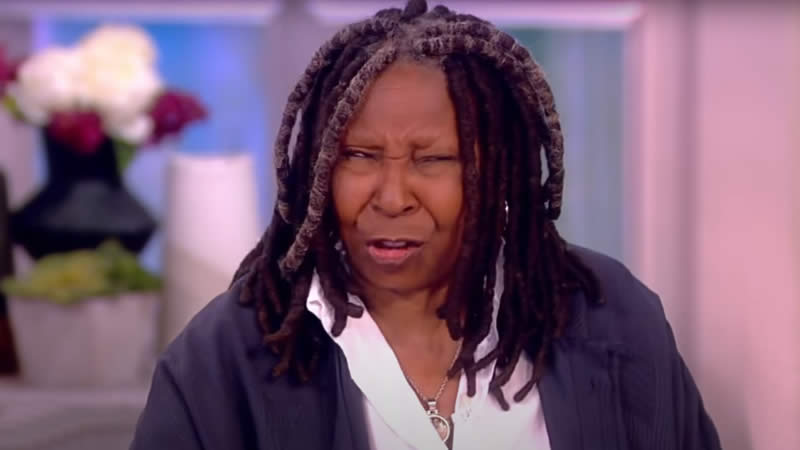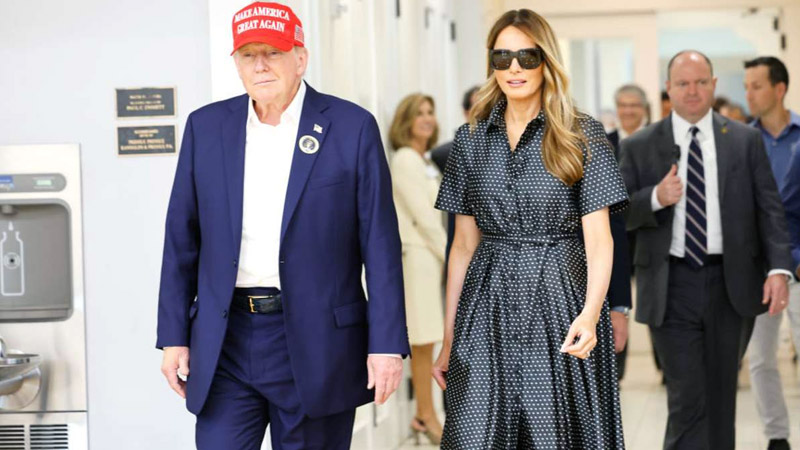Trump Faces Jail Risk for Contempt if He Violates Gag Order, Expert Says

Getty Images/David Becker
In a recent development surrounding the hush money trial involving former President Donald Trump, legal experts have raised concerns about potential repercussions Trump might face if he disregards the court’s directives.
Specifically, Ryan Goodman, a former federal prosecutor and current law professor, emphasized the serious consequences that Trump could face if he continues to criticize participants in the trial, such as witnesses, court staff, or jurors. Goodman’s comments come in the wake of a gag order issued by Judge Juan Merchan, aimed at preventing Trump from publicly targeting anyone directly connected with the case.
“Now we have a gag order that says, ‘If he goes after those witnesses, et cetera, there could be consequences and, at a certain point, he could be held in contempt, and that could mean jail time because there’s nothing else that the court revealed to use in order to deter him, and he seems undeterrable otherwise.”
The gag order was established in response to Trump’s history of making “threatening, inflammatory, and denigrating” statements about individuals associated with his previous legal challenges. This move by the court seeks to maintain the integrity of the judicial process and ensure a fair trial. However, the order has sparked debate regarding its impact on Trump’s First Amendment rights.
Trump’s legal representatives, Todd Blanche and Susan Necheles, have voiced their objections, arguing that the order unjustly restricts Trump’s ability to respond to criticisms stemming from the case. They assert that the public deserves to hear Trump’s side of the story, without being limited to only one perspective of the debate.
Despite these objections, certain figures involved in the trial, including Trump’s former attorney Michael Cohen, and adult film actress Stormy Daniels, are specifically protected by the gag order. However, Judge Merchan and prosecutor Bragg, who has been publicly criticized by Trump, are not covered by this directive.
Trump’s earlier remarks about Judge Merchan, labeling him a “certified Trump Hater” with a family of “Trump haters,” highlight the tension between the former president and the judicial figures overseeing his case. Goodman is skeptical about the likelihood of an appeal against the gag order succeeding. He believes that the order is likely to remain in effect, underscoring the importance of Trump adhering to its terms.
Non-compliance could lead to significant legal ramifications, including the possibility of contempt charges. Goodman’s insights suggest that the court is prepared to take strict measures to ensure compliance with the gag order, highlighting the potential for serious consequences if Trump chooses to ignore the court’s restrictions. This situation underscores the delicate balance between maintaining the integrity of the legal process and respecting the rights of individuals involved in high-profile cases.


